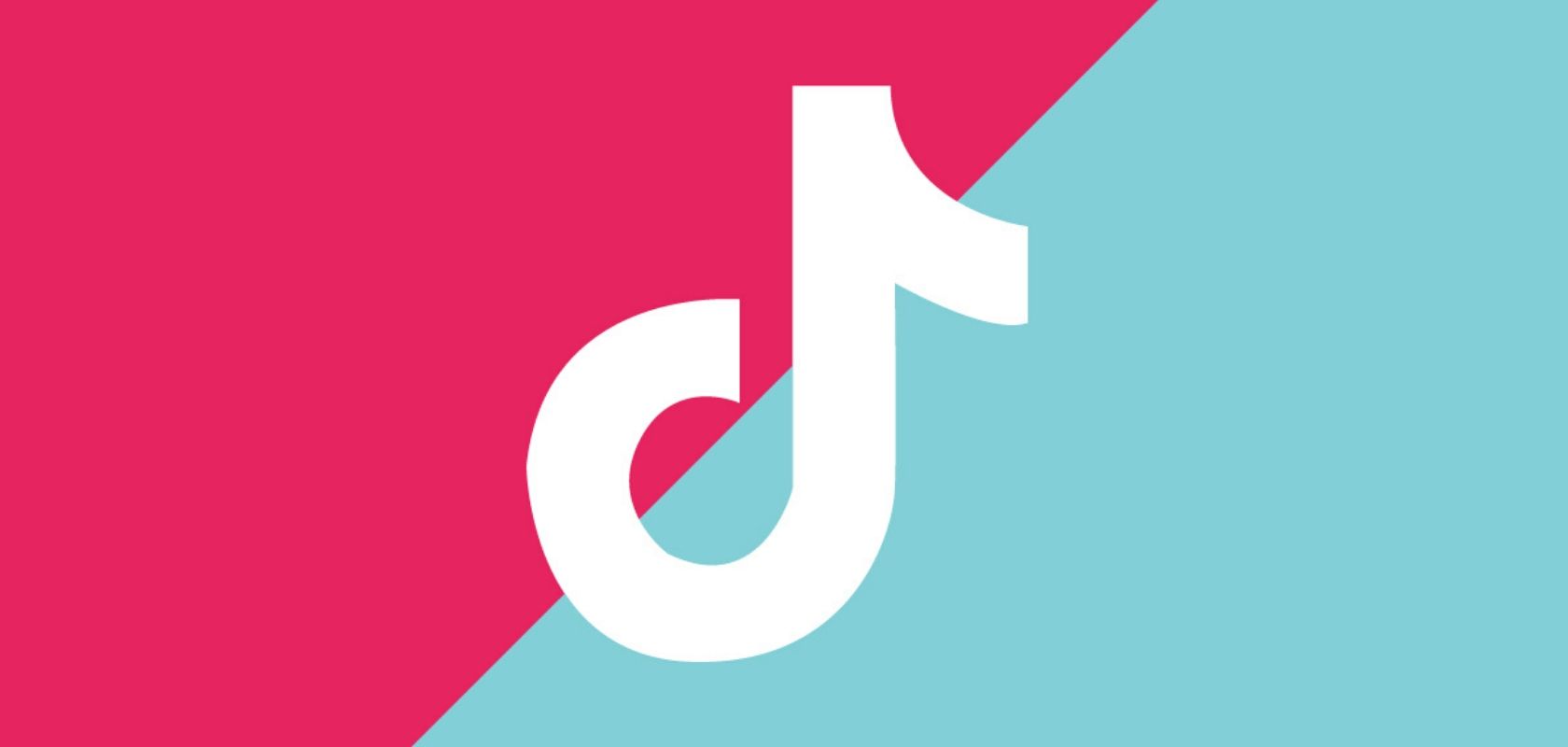The massively popular and successful Chinese viral video app TikTok is the subject of some research conducted by Germany’s digital rights site Netzpolitik.
TikTok – the product of ByteDance – has a billion users as of this month – and, in order to comply with China’s internet censorship rules, also has a “twin” in the home country, called Douyin. For the same reason, ByteDance operates different servers for the two versions of the app.
Netzpolitik looks into the ways content is moderated, downranked, and prioritized on TikTok. This includes censorship by suppression of content showing political protests such as those ongoing in Hong Kong, said the report, based on a conversation with an anonymous source from TikTok.
As is often the case with online censorship, moderation rules are broad, likely deliberately leaving plenty of room for interpretation. But at the same time, unlike those of Western social media giants, TikTok’s rules are brief.
And while it’s already reported, and expected, that videos related to issues like Tiananmen Square, Tibet, and Hong Kong would be suppressed in China, Netzpolitik set out to discover how TikTok moderates content in the West, specifically, German language content.
What they found out is that this is done form two European locations: Berlin and Barcelona, and from Beijing, under Chinese leadership.
Depending on the severity of the transgression, videos are either deleted, made visible only to the creator, or removed from the recommendations feed that is the first thing a user sees when launching the app – something allowing huge exposure to those videos that make it to the feed.
TikTok’s moderators are also able to mark videos as “risks” that will result in “block or throttling” in a particular country to comply with local laws. On the other hand, content that those behind the app favor can be successfully promoted all the way to becoming viral.
All in all, the report remarks, “control over what people see on TikTok is primarily in the hands of the company” – something that is increasingly true of just about every social media network out there today. However, given that the app is Chinese, protests and demonstrations are strongly unwelcome.
After a report in September revealing TikTok’s moderation guidelines, these rules underwent some changes – mostly in the shape of “smaller modifications.”













